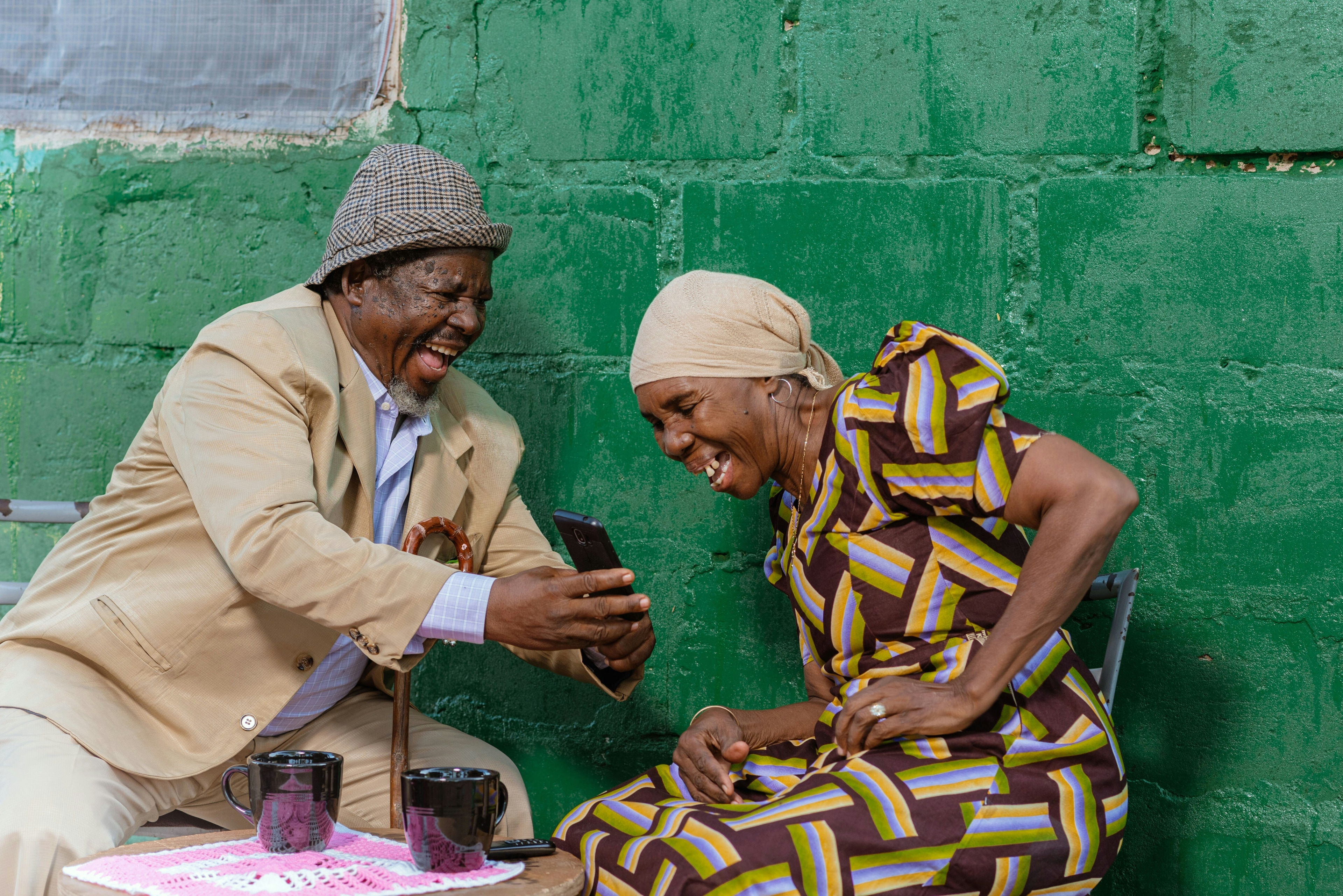This Syrian national has been trapped at Kuala Lumpur airport for 3 months

Image: REUTERS/Lai Seng Sin
Imagine your longest airport delay. For most of us, it would be hours. For an unlucky few, it might be a night, or even a couple of nights. Hassan Al Kontar measures his in months.
The Syrian national has been trapped in Kuala Lumpur International Airport since the start of March. He’s not permitted to enter Malaysia and he can’t fly out as he doesn’t have a visa for another country.
So far he’s clocked up 103 days - more than three months - in the terminal: sleeping, eating, showering. And tweeting.
Increasing desperation
Al Kontar is documenting his plight on Twitter, using posts and video clips to create a timeline of his ordeal that’s punctuated with humour, sarcasm and despair. In one, he quotes Abraham Lincoln on freedom:
In another he tries to escape the terminal by applying to join NASA’s mission to Mars.
At the top of his feed, a pinned tweet takes the reader to a petition that is asking Canada's Minister of Immigration, Refugees and Citizenship to allow him to fly there.
The fundamental need to communicate
Al Kontar’s Twitter account lays his ordeal bare, and gives followers an intimate view into how his airport stay is affecting his physical and mental health. His experience shines a light on the issues highlighted by World Refugee Day. It also underscores themes outlined by participants in the Reconnecting Refugees panel at this year’s World Economic Forum Annual Meeting in Davos. That debate, chaired by Al Arabiya’s political anchor Mayssoun Azzam, explored how technology could connect and perhaps even help refugees.
Panellist and chief executive of Turkish mobile phone operator Turkcell, Kaan Terzioğlu, said that being able to stay connected is a priority for refugees. Since a smartphone is often the only way they can stay in contact with those they have left behind, it isn’t a luxury, but a basic need, he said.
“Their future lives will depend on how fast they can learn a language and how fast they can get support,” Terzioğlu told the panel. “Our duty as mobile operators is to make sure we can create these platforms.”
On the same panel, Ericsson’s Chief Sustainability & Public Affairs Officer Elaine Weidman-Grunewald said the humanitarian sector needed “to digitalize” and that it is the responsibility of every company to decide how they can engage and help in this regard.
“There’s a much bigger digital transformation that the private sector can bring - it’s a very important opportunity,” she said. “Access to communication is a basic human need. It is a fundamental need of humans to be able to communicate.”
‘Watershed’
More than 44,000 people were displaced each day in 2017, according to a report published by the UN Refugee Agency (UNHCR) to mark World Refugee Day. That’s equivalent to a person becoming displaced every two seconds. These statistics have taken the number of people who have been forcibly displaced to a new high.
The UNHCR report said solutions are scant, with wars and conflict the major reasons for people fleeing their homes. At the end of 2017, there were 12.6 million forcibly-displaced Syrians, comprising around 6.3 million refugees, 146,700 asylum-seekers, and 6.2 million internally displaced people.
“We are at a watershed, where success in managing forced displacement globally requires a new and far more comprehensive approach so that countries and communities aren’t left dealing with this alone,” said UN High Commissioner for Refugees Filippo Grandi. “No one becomes a refugee by choice; but the rest of us can have a choice about how we help.”
Showing Solidarity
He said 14 countries are already responding to the refugee crisis in new ways and that the UN is preparing a new Global Compact on Refugees that will soon be ready for adoption.
At the 2018 World Economic Forum Annual Meeting, actor and UNHCR Goodwill Ambassador Cate Blanchett spoke about various ways to show solidarity with displaced people.
“This is a global problem that no one nation can shoulder, no one UN agency can shoulder and no one sector can solve,” she said. “We need collective solutions.”
A solution seems to be what Al Kontar is aiming for with his Twitter feed:
“I am still here: dreaming, hoping, standing,” he says in one of his video posts. “If you think for a moment that asking for your rights in this world is an easy thing, then you are sadly mistaken.”
Don't miss any update on this topic
Create a free account and access your personalized content collection with our latest publications and analyses.
License and Republishing
World Economic Forum articles may be republished in accordance with the Creative Commons Attribution-NonCommercial-NoDerivatives 4.0 International Public License, and in accordance with our Terms of Use.
The views expressed in this article are those of the author alone and not the World Economic Forum.
Stay up to date:
Migration
Related topics:
Forum Stories newsletter
Bringing you weekly curated insights and analysis on the global issues that matter.







